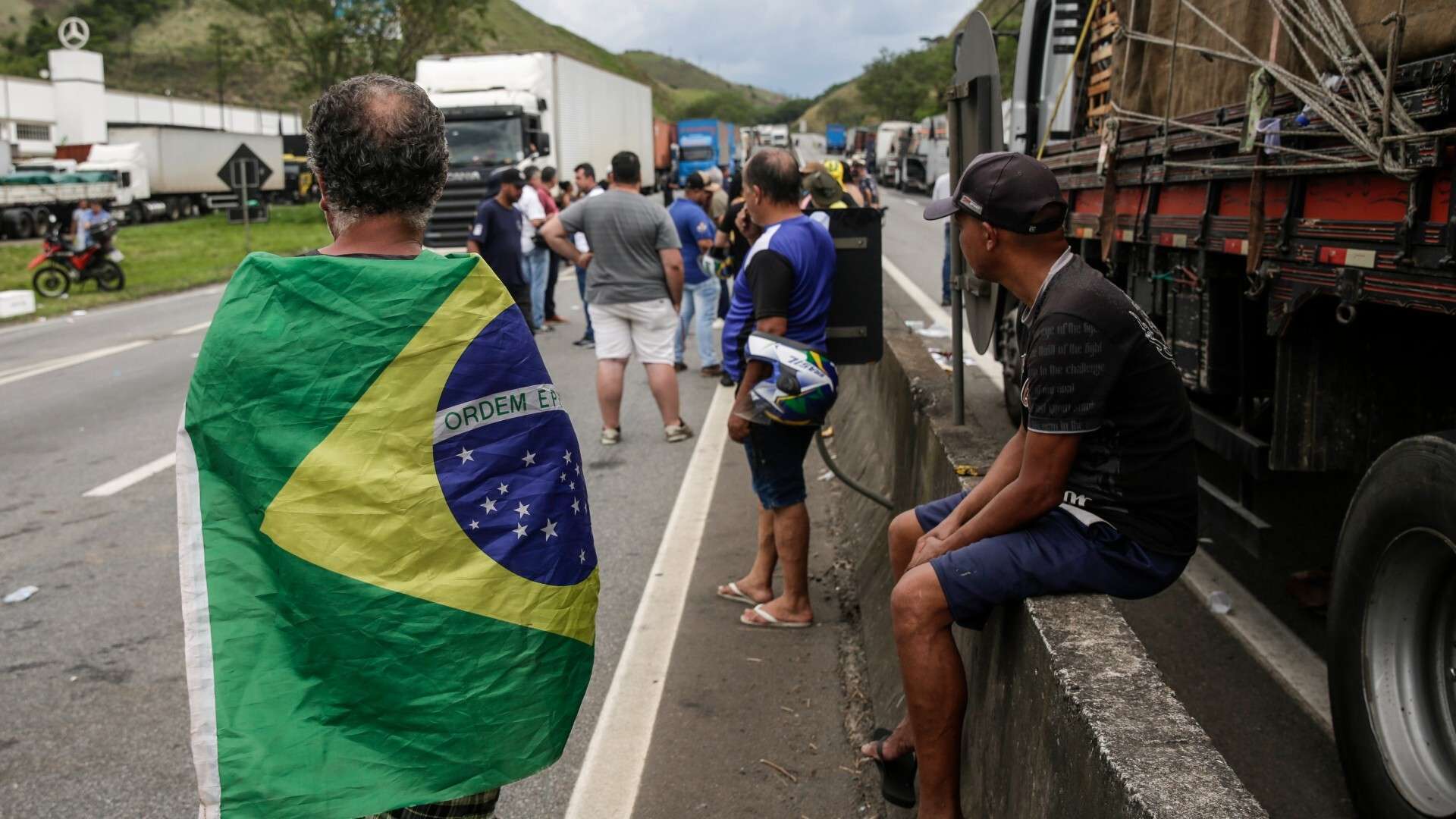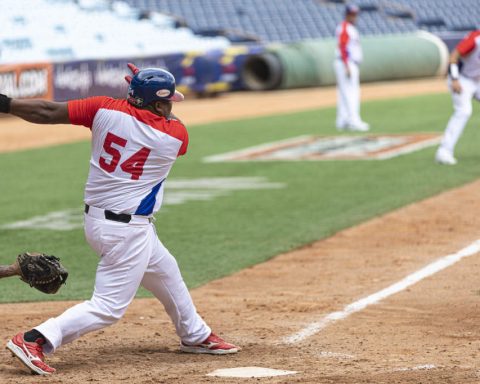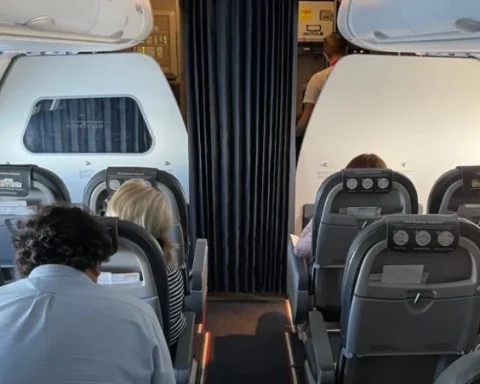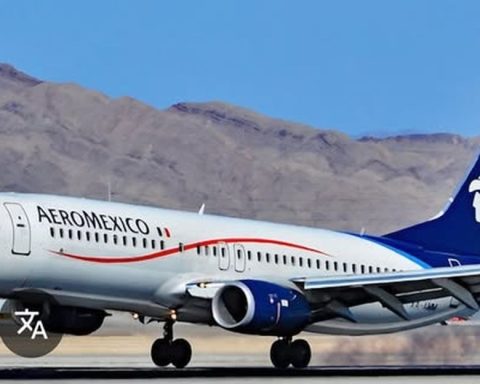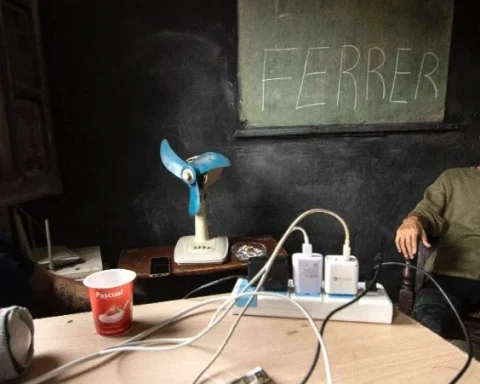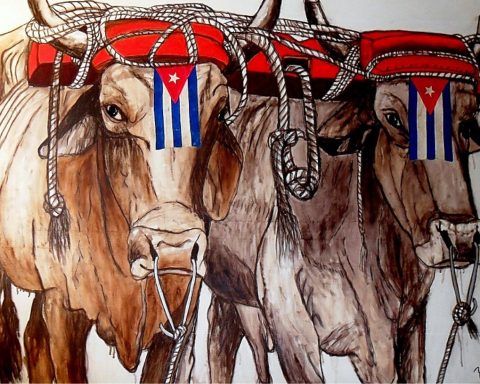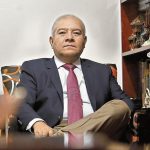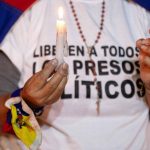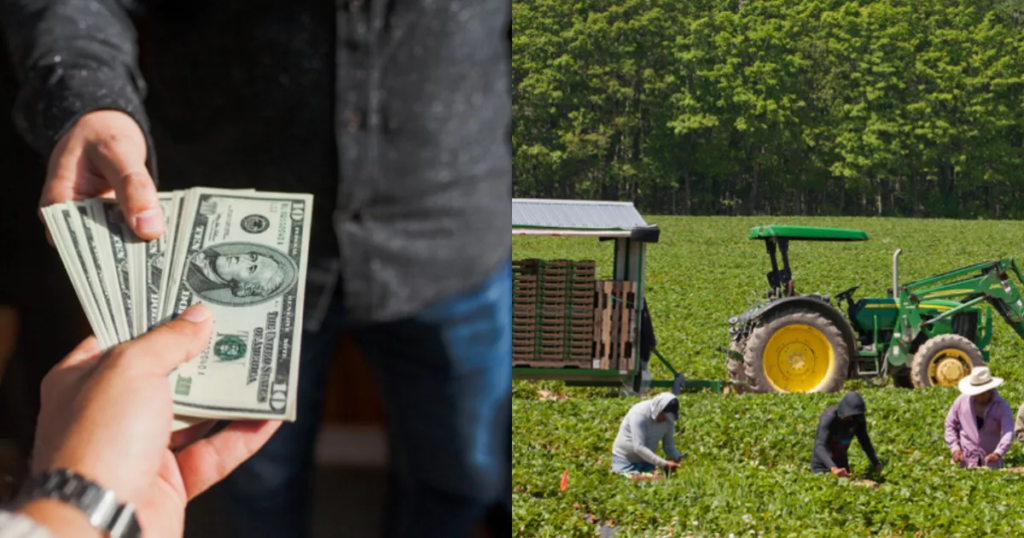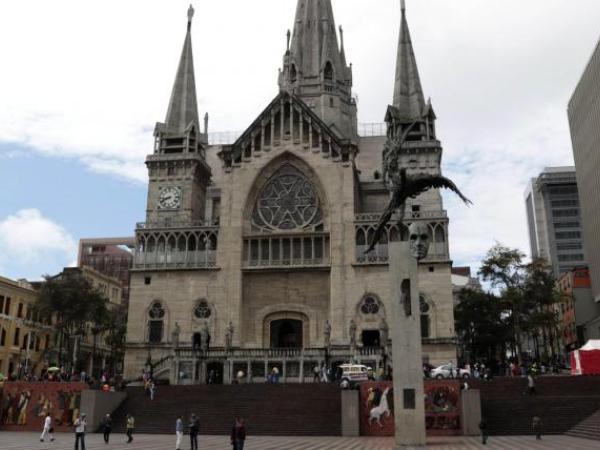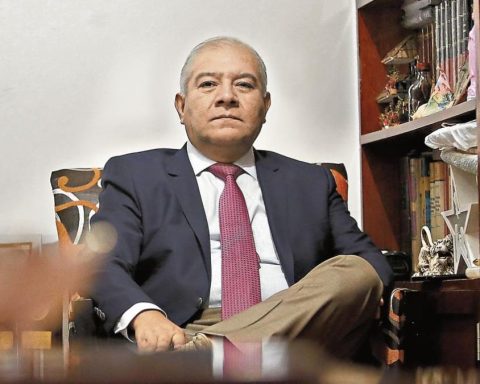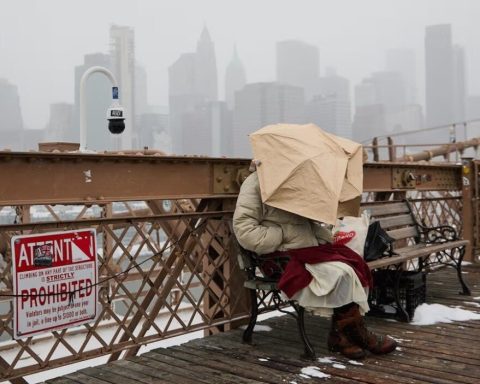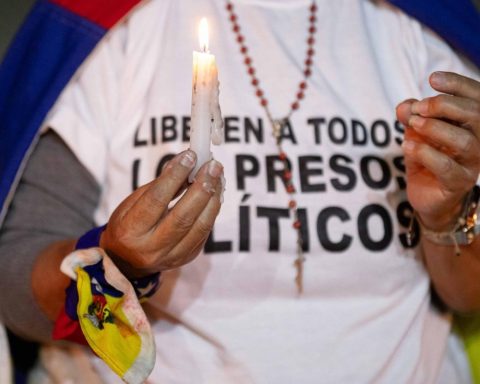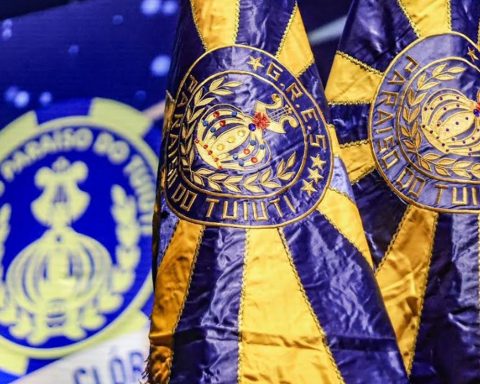After 48 hours of unprecedented public silence for someone who lost a presidential election, the still president Jair Bolsonaro delivered a short 2.9-minute speech that can be easily summarized: he did not concede defeat, but authorized the start of the transition.
Bolsonaro did not refer to Lula da Silva, although he did not mention the word transition either. That fell to Ciro Nogueira, minister of the President’s Civil House. Bolsonaro assured that “as long as I am president and a citizen, I will comply with the commandments of the Constitution.” The transition will begin next Thursday. On Lula’s part, it will be organized by the vice president-elect, Geraldo Alkim.
The speech was not very elaborate. It was no more than a succession of short phrases assembled like quick slogans. “Our dreams are more alive than ever; I thank 50 million people for their support; Contrary to the left, I have always played within the four democratic lines and the Constitution; our dreams are more alive than ever. We are in favor of order and progress”, said the Brazilian president.
During the early hours of the morning, Brazilian highways in at least 20 states were interrupted by the powerful truckers’ union, who protested the victory of Luiz Inácio Lula da Silva and demanded the intervention of the army to “put justice in its place”, as Góis de Almeida told the CNN/Brazil network, one of the truck drivers who participated in the interruption of the highway that connects São Paulo with Rio de Janeiro.
In the surroundings of São Paulo, the important artery that connects the city with the airport was a real hell. Two endless rows of trucks closed off all outgoing traffic for about 15 kilometers. The artery connects with the main states of the country and is a route for the movement of merchandise, food in particular.
The largest number of blockades were recorded in Santa Catarina, a state where Bolsonaro has a massive support base, and in Mato Grosso do Sul, in addition to many other places in Paraná, São Paulo, Minas Gerais, Goiás and Bahia.
In the capital, Brasilia, police closed traffic access to the central government esplanade after receiving reports that Bolsonaro supporters were planning to occupy the square in front of the Supreme Court, which they say has been favoring Lula in his trials. .
There were times when the situation escalated. The Supreme Court made the quick and unusual decision to authorize state governments to intervene on federal highways and enlist the help of the Federal Police and the Federal Highway Police to control the situation in the states. In addition, it created a special fine of 11,000 reais (about 2,200 dollars) per hour, that is, for every hour that truckers interrupt traffic. By the end of the afternoon some 180 fines had been issued, according to the Highway Police.
In the case of the truck drivers, the special police also participated, which usually intervenes in unauthorized demonstrations. On the outskirts of São Paulo they had to fire tear gas because the demonstrators did not want to leave.
In his speech on Tuesday, Bolsonaro referred to them without criticizing them or without asking them to return home. “The current movements are the result of indignation and the feeling of injustice for the way the electoral process was carried out,” said the president.
He added: “Peaceful demonstrations will always be welcome. But our methods cannot be those of the left, which have always harmed the population, such as the invasion of property, the destruction of heritage and the curtailment of the right to come and go.”
The Workers’ Party has not commented on Bolsonaro’s intervention. But one of his followers, journalist Fernando Morais, author of a monumental biography of the elected president, wrote on his Facebook page that it was a scatological speech. At the level of the speaker.
